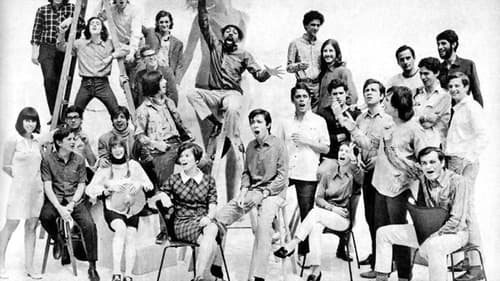Torre das Donzelas (2018)
Género : Documental
Tiempo de ejecución : 1H 37M
Director : Susanna Lira
Sinopsis
Documents former Brazilian President Dilma Rousseff's visit to the the women's alley of Tiradentes Jail in the city of São Paulo, also known as "Torre das Donzelas" ("Damsels' Tower"). Alongside other women, Dilma was kept as prisoner in there during the 1970s, when Brazil was under a reign of terror during its military dictatorship years. They all meet again 45 years later to break the silence and the fear of speaking out the horrors they lived under a ruthless dictatorship.







